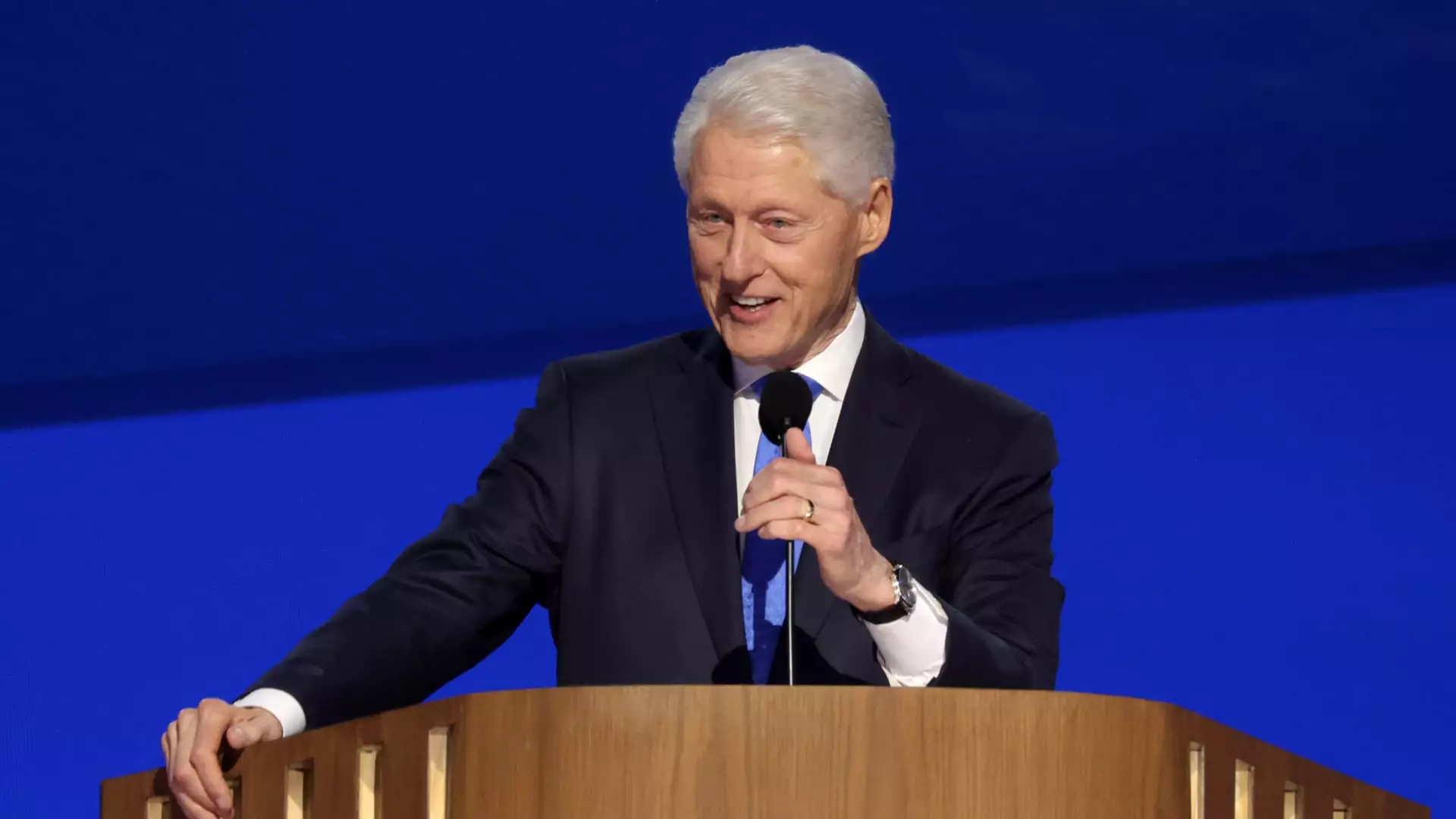Former President Bill Clinton, aged 78, has once again found himself in the medical spotlight as news emerged regarding his hospitalization in Washington, D.C. This recent event, marked by the development of a fever, has led to heightened media attention, rekindling discussions about his ongoing health issues since stepping down from the presidency.
According to a statement from Angel Ureña, Clinton’s deputy chief of staff, he has been admitted to MedStar Georgetown University Hospital for thorough testing and observation. Ureña emphasized that Clinton is in “good spirits” and expresses gratitude for the care he is receiving at the facility. Importantly, a source familiar with Clinton’s condition has deemed the situation “not urgent,” indicating that immediate concerns are not present. The former president himself is reported to be alert and aware, demonstrating his stable condition despite the circumstances.
Clinton’s current health scare is not an isolated incident but rather part of a broader timeline of health challenges he has faced in recent years. Following his presidency, he underwent a quadruple bypass surgery in 2004, aiming to rectify significant heart issues. The medical interventions didn’t stop there; in 2010, he required hospitalization once more for a procedure involving the insertion of two stents into a coronary artery. Additionally, in 2021, Clinton experienced a more severe bout of ill health when a urological infection developed and spread into his bloodstream, necessitating six days in the hospital.
These past ailments serve to highlight a pattern regarding Clinton’s health—one that has, no doubt, influenced public perception and concern for his well-being, especially given the physical demands often associated with public speaking and campaigning.
Despite his health challenges, Clinton has remained actively involved in political discourse and has continued to participate in Democratic events. This year, he vigorously campaigned for Kamala Harris, the Democratic presidential candidate. Additionally, he has penned a memoir reflecting on his life after the presidency, indicating his commitment to sharing perspectives and experiences from his extensive career in politics.
Clinton’s engagement at the Democratic National Convention this August was particularly poignant, as he expressed heartfelt sentiments about his party’s direction. His enduring commitment to public service suggests a resilience that mirrors his approach to health and wellness.
While the news of Bill Clinton’s hospitalization may initially provoke concern, it is crucial to consider both the context and commentary surrounding his health. His current situation, characterized as non-urgent by sources close to him, reinforces the importance of routine medical assessments, especially for individuals with complex health histories. Clinton’s ability to remain active in public life and maintain an optimistic outlook, despite past adversities, speaks volumes about his character and determination.


Leave a Reply